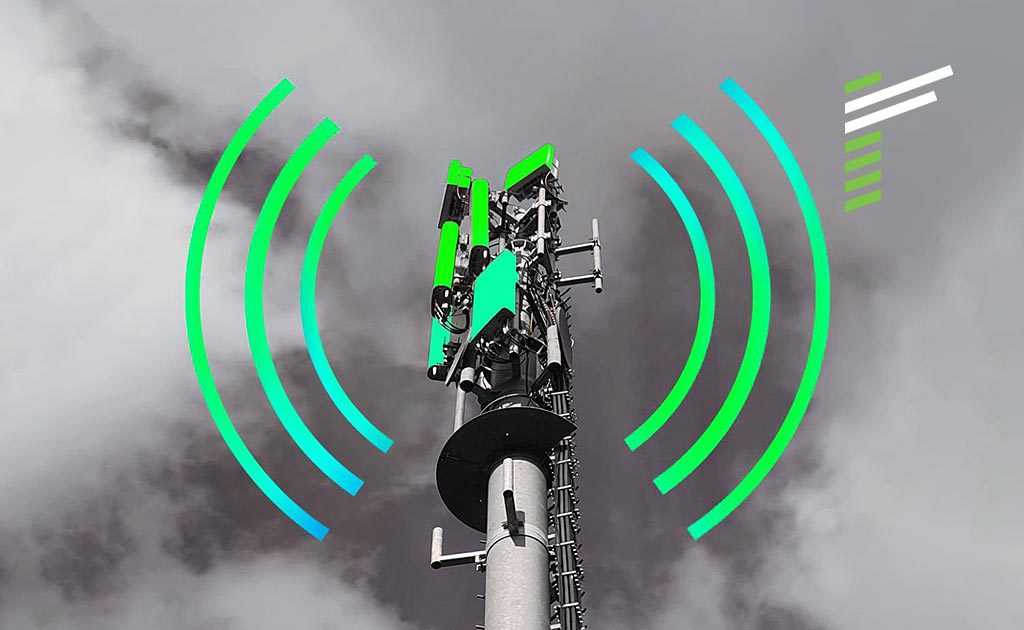BACKGROUND
The telecommunications industry is a complex and rapidly evolving sector. Network maintenance in the telecommunications industry seeks to ensure the proper functioning of telecommunications networks, equipment, and systems. Some of the key success factors for companies operating with large infrastructure networks are quick response times, preventative maintenance and effective resource management.
THE CHALLENGE
Our client, one of Indonesia’s largest cellular providers, asked Renoir to help streamline and simplify several key business processes related to Network infrastructure expansion and upgrades to achieve greater speed of delivery.
Network preventive and corrective maintenance operations were analysed to assess the opportunities to improve their predictability and put in place a leaner execution approach.
ANALYSIS
Renoir performed a thorough analysis which revealed that:
- Regional Field Operations Maintenance planning was too rigid
- Alarms management was not standardized
- Regions and Headquarters were both lacking proper communication channels and coordination
- The company had outgrown several business processes, which were no longer capable of supporting its fast-growing Network infrastructure requirements
“Renoir consultants intensively educated, coached and supported our people inside and outside the Network Services department. This has led to sustainable results and ownership of their systematic approach. As a result of this, significant operational improvements have been made in a short time and in line with the promised deliverables”
Director of Network Services
PROJECT APPROACH
Renoir’s Focus Process™ to prepare for operations Implementation. The Focus Process™ highlighted several action areas:
- Redesign a more effective Preventive Maintenance planning system and install a Management Control System
The project team, seconded by a full time Client taskforce, redefined the core & non-core preventive maintenance activities and revised their frequencies to ensure the most effective balance between cost and reliability. Additional productivity gains were obtained by introducing a more flexible preventive maintenance schedule. This was achieved by aligning corrective interventions with planned preventive maintenance to avoid unnecessary site visits. The overall exercise resulted in a 35% drop in required man-hours to conduct planned preventive maintenance. - Re-categorize Network Alarms for effective handling and solving
The second aspect of the Network maintenance operations improvement program was to revisit the current categorisation of alarms. The existing obsolete classification was generating unnecessary visits and adding to the backlog of alarms resolution. The consultants teamed up with the Network engineers to go through a detailed re-categorisation of all alarms based on their potential impact on the Network and customers. The result of this exercise was an immediate 30% reduction on unnecessary alarms trouble tickets. This was coupled with a newly installed Alarms Restoration performance monitoring system with SLAs set on the impact to customers. - Streamline end-to-end processes for new Network elements building and upgrades with a tight Project Management Control System
The last key result area for this project was to improve the speed of delivery of new Network elements and upgrades to support the Network expansion. The main problem was the lack of real end-to-end project visibility and control, which created counter-productive accountability conflicts. The project team began by clearly breaking down all the steps of the end-to-end Network element expansion as part of the critical path analysis. This allowed the development of a proactive planning system and structure, especially in terms of site acquisition and procurement. The second step was to install a Network Expansion Coordination Group, with clear authority and accountability, in order to improve planning, execution and speed of delivery of all projects. The overall project resulted in an impressive 40% efficiency improvement between quarters, resulting in on-time / on-cost delivery of new Network elements.
KEY RESULTS
35%
Preventive Maintenance: drop in man-hours
36%
Preventive Maintenance: reduction of sites visits
30%
Reduction in unnecessary trouble tickets
40%
Increase in speed of delivery for New Network Elements
CONCLUSION
Effective maintenance processes are critical for large networks as they ensure the proper functioning of networks, equipment, and systems. This leads to improved network reliability, reduced downtime, increased customer satisfaction, and ultimately, better business outcomes for the company.
Renoir effectively managed the challenges of large network infrastructures by employing various strategies such as effective communication, flexible preventive maintenance schedules, and proactive planning systems, which yielded immediate benefits. This Client project demonstrates the business and customer outcomes that can be achieved over a short period of time.










